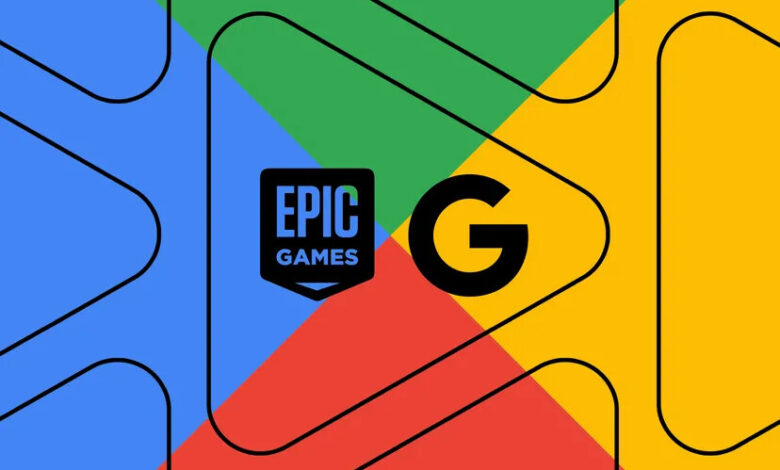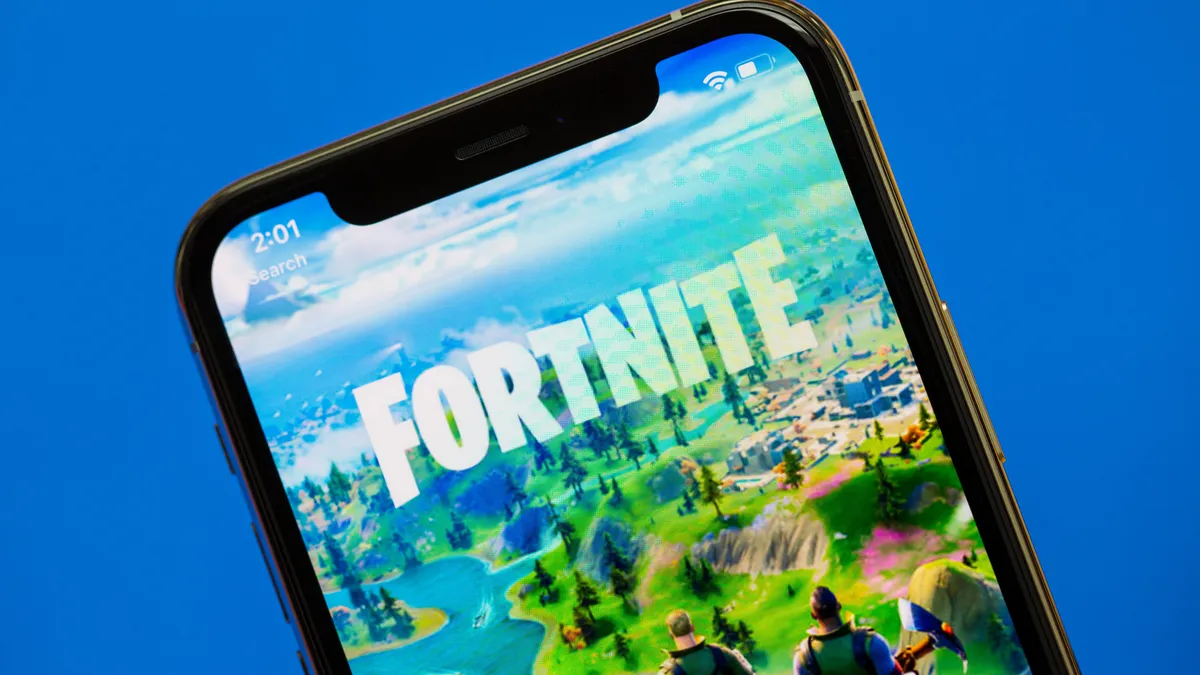Epic Games secured a unanimous win over Google in a pivotal antitrust case
In a groundbreaking verdict on Monday, Epic Games secured a unanimous win over Google in a pivotal antitrust case, potentially reshaping the dynamics of app marketplaces like Google Play.
This legal climax concludes a protracted three-year dispute between the tech giants. The genesis of the legal fracas dates back to 2020 when Epic Games, the brains behind the wildly popular Fortnite, accused Google of breaching federal and California state antitrust laws through its app store policies.
This courtroom drama is just one facet of Epic’s strategic campaign, a rallying cry to mobilize app developers against the established gatekeepers in the mobile software arena. At the epicenter of Epic’s clash with Apple and Google lies Fortnite, a free-to-play game available on a multitude of platforms, notwithstanding ongoing skirmishes with the App Store and Google Play.
Epic contends that both Apple and Google infringe antitrust laws by compelling app users to transact through their proprietary systems, siphoning a substantial chunk of in-app revenues. In response, Apple and Google invoke security concerns as the rationale for directing app users to a central software authority.
While Apple and Google diverge in their treatment of third-party apps, with iOS barring them and Android allowing “sideloading,” Google remains cautious about external app installations, a process less straightforward than a routine Google Play download.
Against all odds, Epic emerged triumphant in its case against Google Play, challenging preconceptions about its seemingly less restrictive ecosystem.
In response to the verdict, Epic Games issued a statement proclaiming, “Today’s ruling is a victory for global app developers and consumers. It underscores that Google’s app store practices are unlawful, exploiting their monopoly to levy exorbitant fees, stifle competition, and curtail innovation.”
Epic further threw its weight behind impending regulations, such as the U.K.’s Digital Markets, Competition, and Consumer Bill and the EU’s Digital Markets Act, poised to impose additional restrictions on Apple’s and Google’s dominant software practices.
However, Google promptly declared its intent to appeal the decision. Wilson White, Google’s VP of Government Affairs & Public Policy, asserted, “We intend to contest the ruling. Android and Google Play provide unparalleled choice and openness compared to other major mobile platforms.”
This legal saga mirrors Epic’s earlier standoff with Apple, which commenced with a parody of Apple’s iconic “1984” advertisement. Although the court largely favored Apple, it mandated the iPhone giant to open its software market, allowing developers to guide customers toward alternative payment options. The saga continues, with both companies seeking Supreme Court reconsideration.
Epic Games tussle with Google traces back to 2018 when it redirected Fortnite players away from Google’s Play Store. Despite releasing Fortnite on Google’s official app marketplace in 2020, Epic reproached Google for discouraging users from embracing third-party apps. Presently, the sought-after game is absent from Google Play and unattainable on iOS devices via the Apple App Store.
As the legal odyssey unfolds, Epic Games remains in the limelight, marked by the recent blockbuster launch of Lego Fortnite, attracting a staggering 2.4 million concurrent players. In the midst of legal ambiguity, Epic’s fortunes seem to be on the rise.








